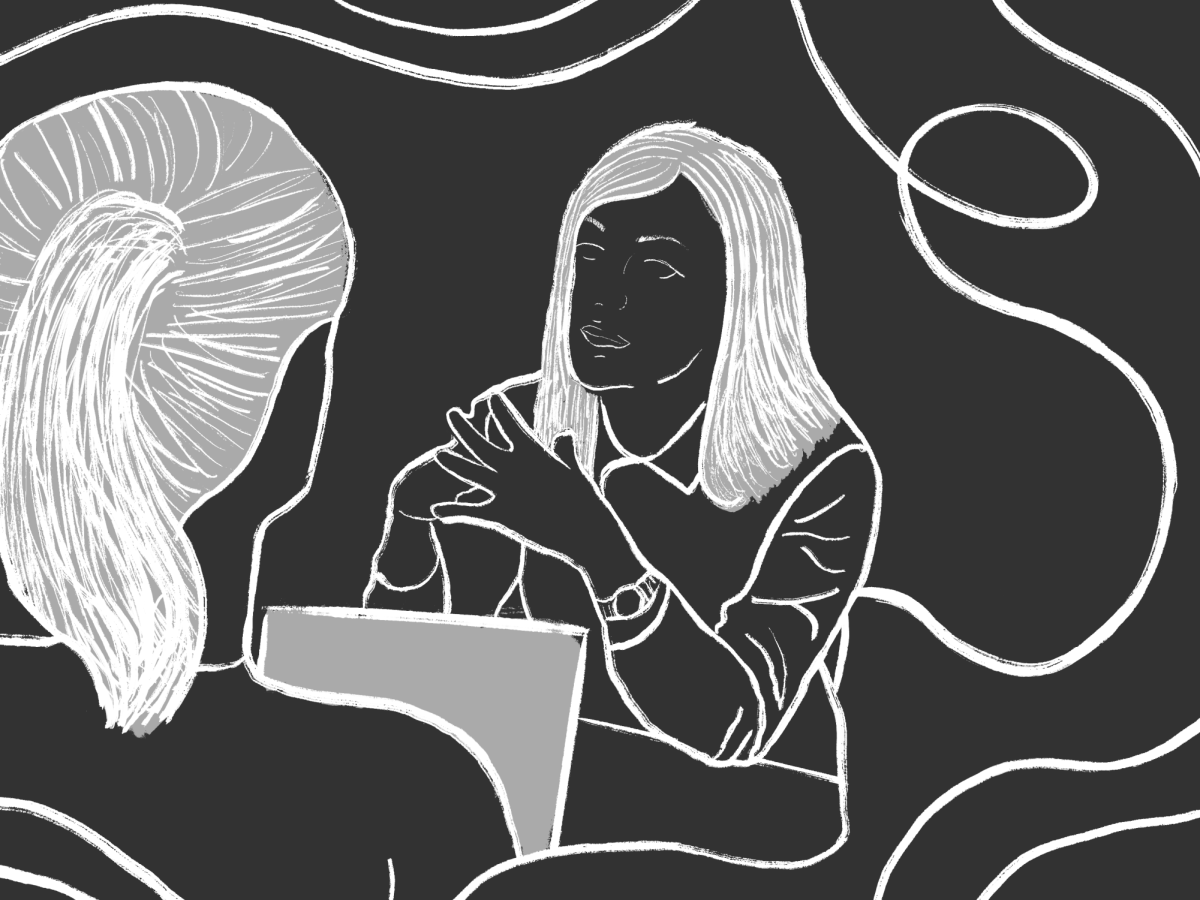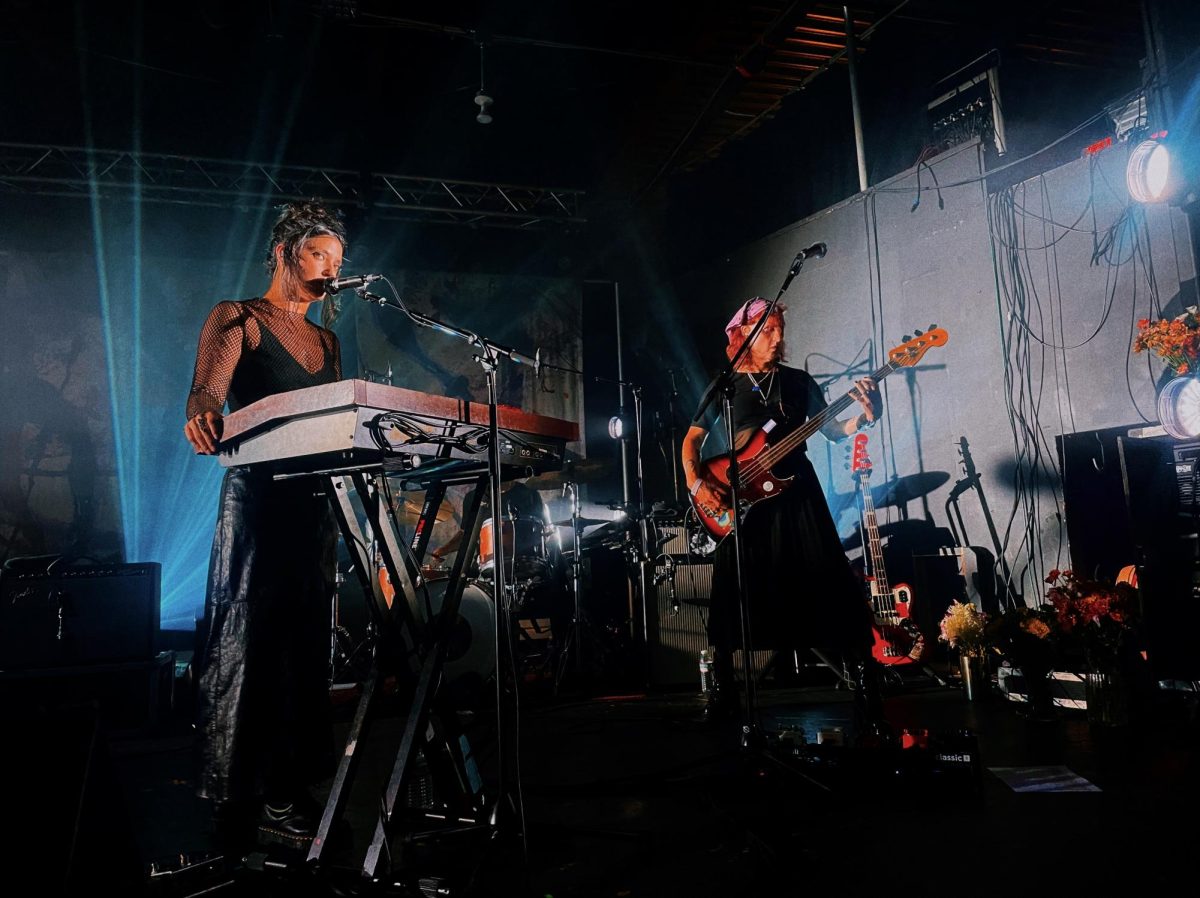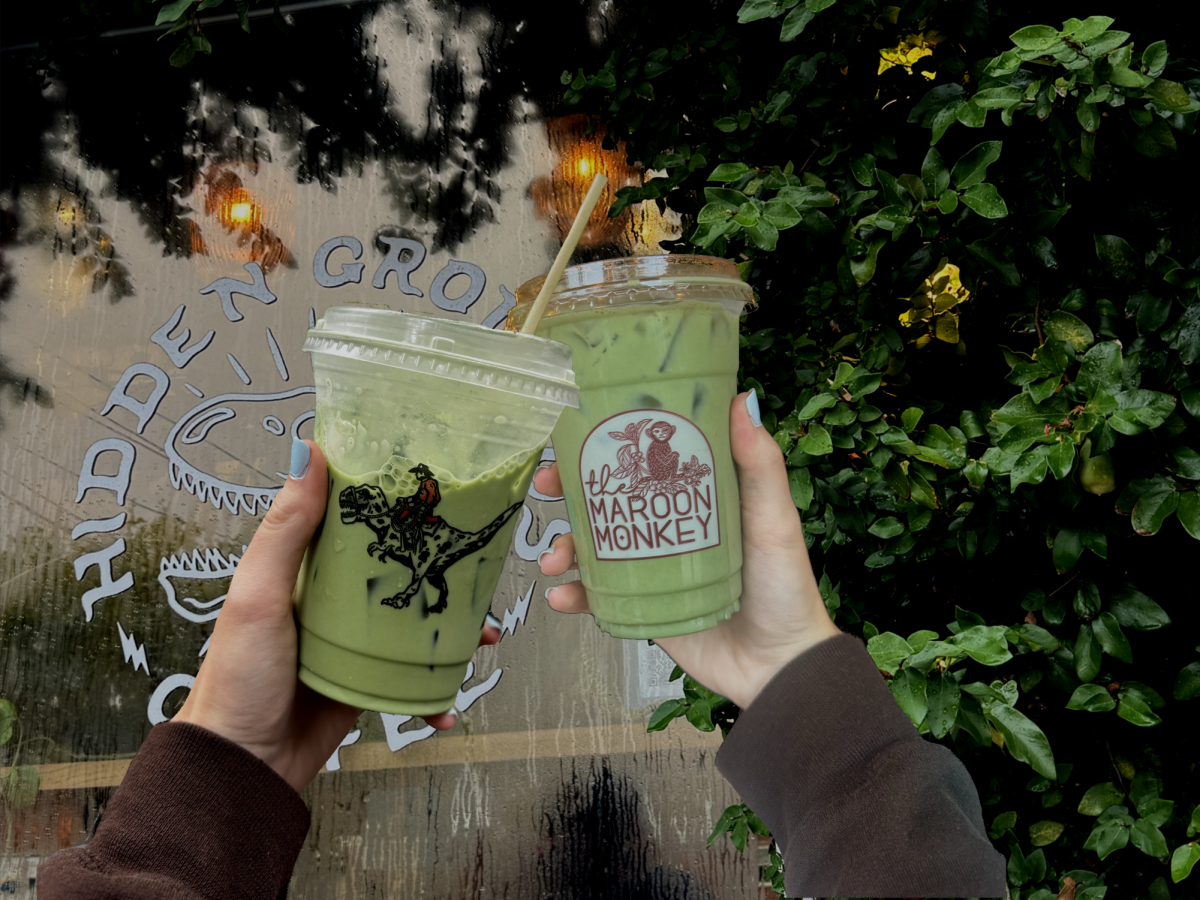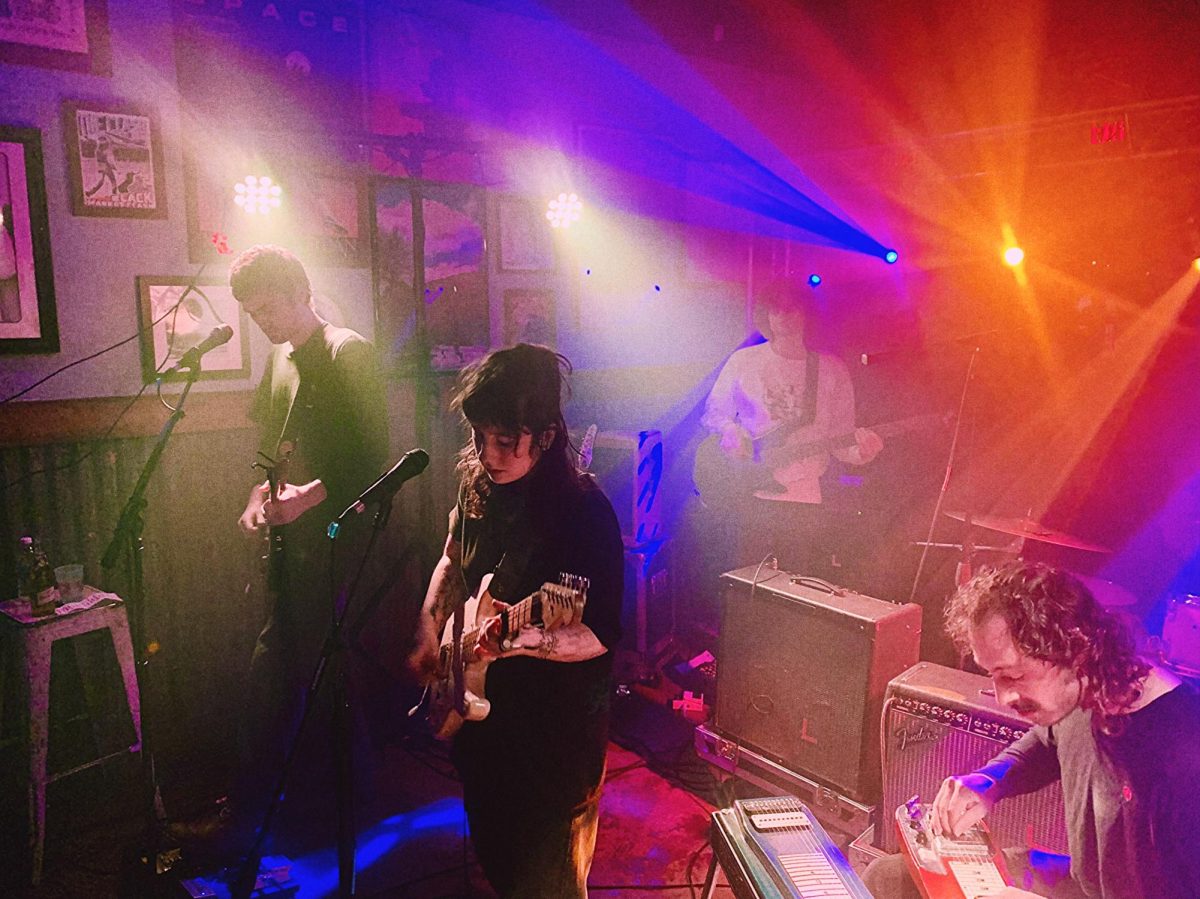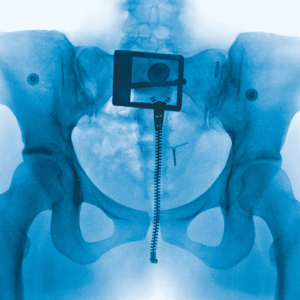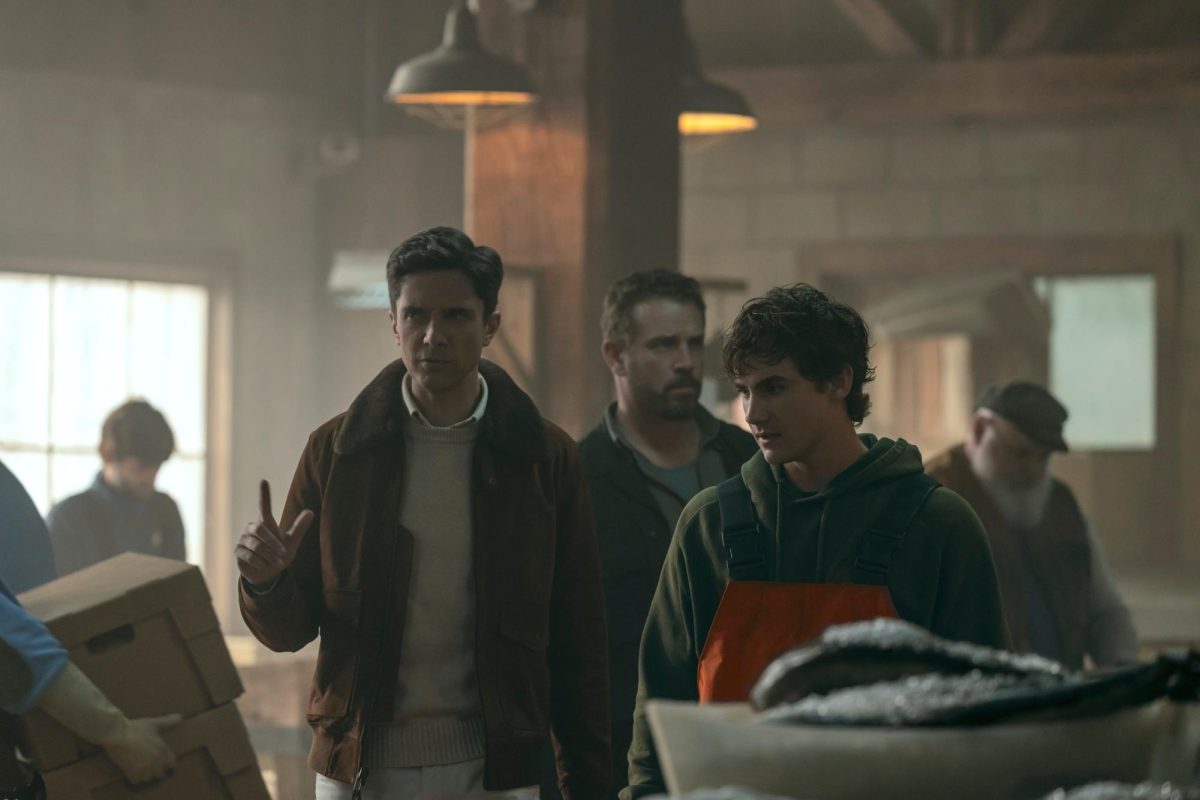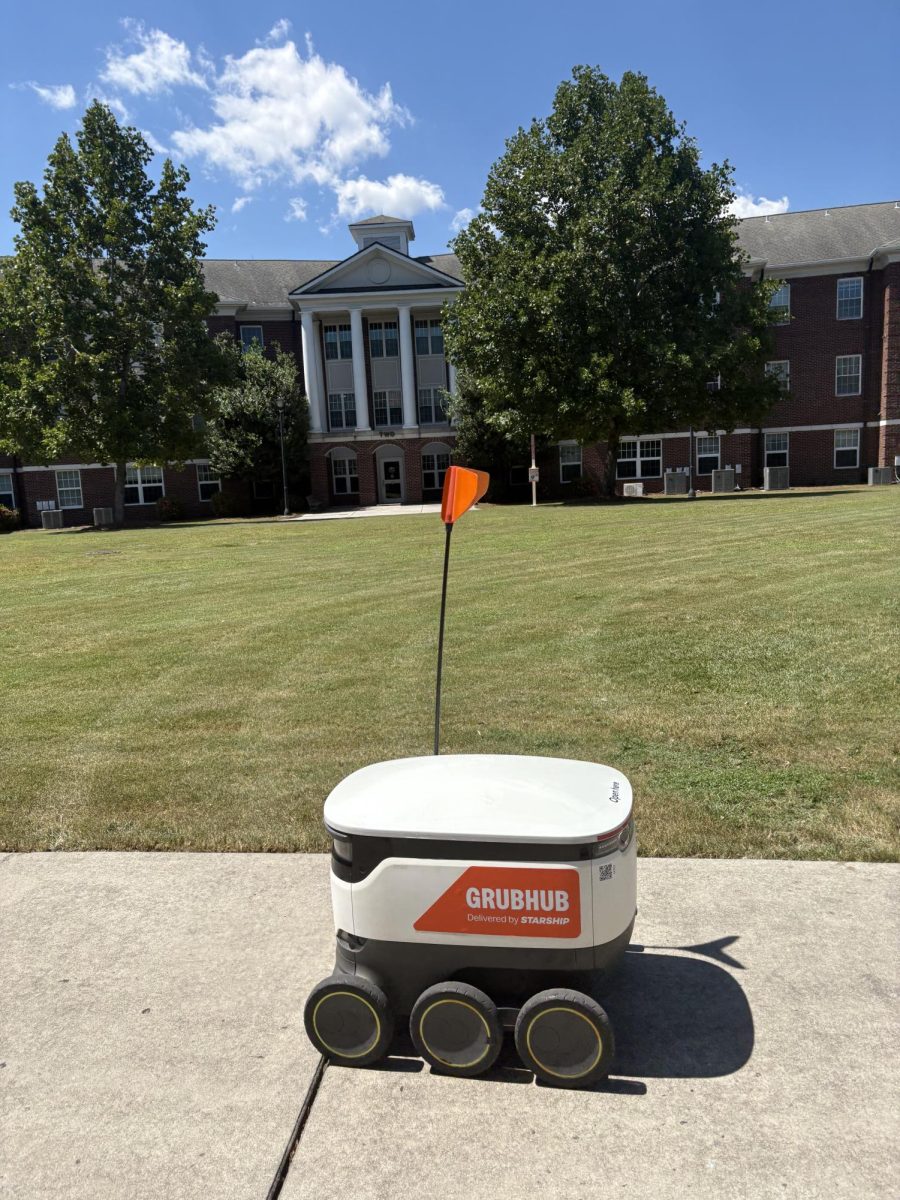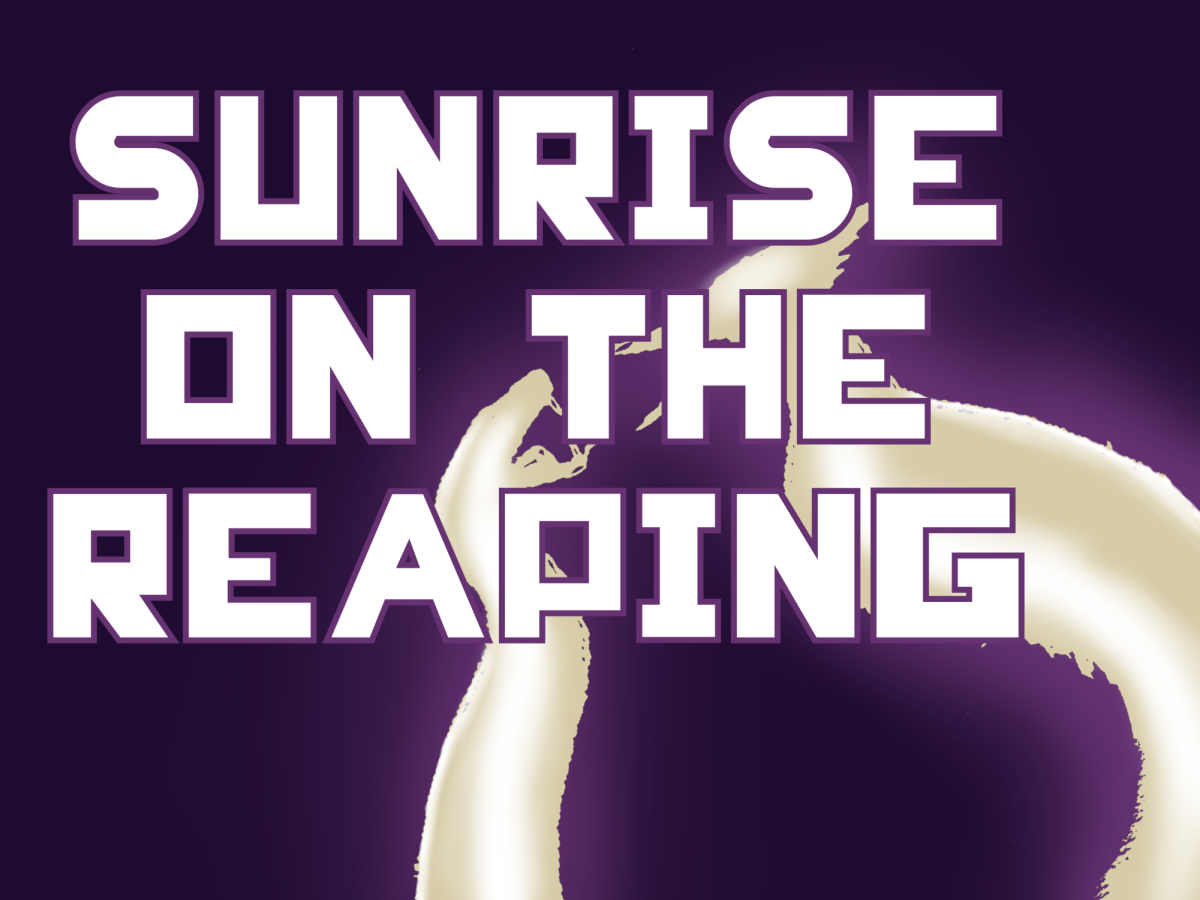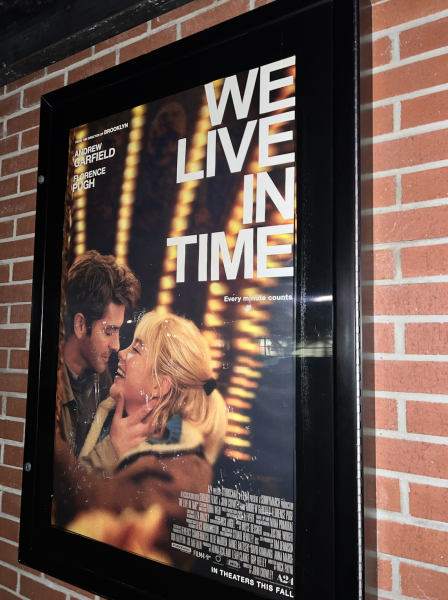
Florence Pugh and Andrew Garfield put on the performance of a lifetime in Director John Crowley’s (“The Goldfinch” and “Life After Life”) heartfelt romance about two people who just so happened to find each other at the right time. Coincidentally, that seems to be the one thing they don’t have enough of.
Pugh plays Almut, a competitive and passionate chef opening her own restaurant with quaff, elegant cuisine. A few weeks before, however, she finds herself in the hospital sitting across from a kind, beat-up looking man named Tobias (Garfield) whom she has just hit with her car. Tobias, a Weetabix employee who is newly divorced, believes that things can’t get worse. Until he looks at the girl across from him and wonders if everything really does happen for a reason.
Crowley chooses to tell Almut and Tobias’s love story out of chronological order, cutting between scenes of them together with their daughter, Ella, the first time they ever slept together and in the doctor’s office when Almut finds out she’s been diagnosed with Stage 3 ovarian cancer. There’s no time difference noted on screen; the film flows from scene to scene in seemingly no particular order. But everything Crowley does is intentional.
Not only are the characters so dynamic together on screen, but the pivotal and emotional scenes aid the fantastic, real-life feel to the movie. In a Q and A with Tiff, Pugh, with Garfield’s agreement, stated that one of her favorite scenes to film in the entire movie was the birth scene: featuring Almut painfully giving birth in the bathroom of a gas station, being supportively cheered on by the gas station’s employees (Nikhil Parmar and Kerry Godliman) and of course Tobias. The scene itself was only about seven minutes, but Pugh admitted that there was about 15 minutes of birthing footage total, which the cast and crew shot eight different times.
Throughout the film, we see Almut’s journey through her career: competing in the Bocuse d’Or, an international and well-renowned cooking competition, and eventually deciding that the limited time she has with her family is much more important. We also see Tobias as a supportive partner and father, longing to officially get married to the woman he loves, and serving as a homestead for Almut to always return to.
We Live in Time is a beautiful and compelling story that can only be experienced to be understood. It is a love letter to those we hold special in our lives: whether our timelines have crossed or not. To see a love like Almut and Tobias’s expressed on screen is to believe that there is goodness in the world. And be patient; it will find you when it’s supposed to.



